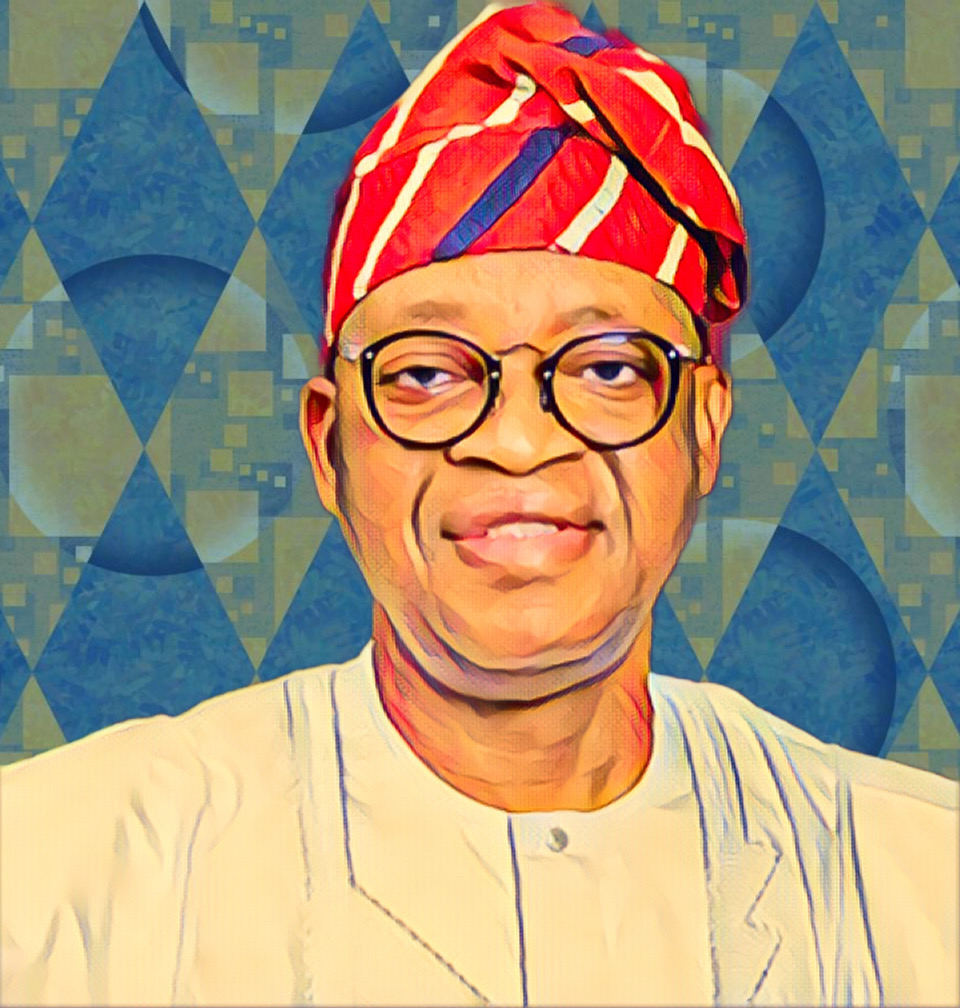KEY POINTS
- Nigeria’s new marine and blue economy policy will boost job creation and private sector investment.
- The policy targets key sectors: fisheries, aquaculture, maritime transport and tourism.
- They concentrate on combatting illegal fishing and ensuring the ‘sustainability’ on which future prosperity will depen
Nigeria’s Minister of Marine and Blue Economy Adegboyega Oyetola said the newly unveiled national policy on Marine and Blue Economy is expected to harness huge economic opportunities around areas such as fisheries and aquaculture, maritime transport, and tourism.
At the opening of the Technical Validation Workshop held in Lagos, Oyetola said that the blue economy stands as a transformative route for nations striving to attain economic growth without compromising on the environment.
The policy, which is still in the consultation phase, is a work in progress with key stakeholders, with the aim of developing a fully comprehensive roadmap on how to unlock the full potential of Nigeria’s marine resources.
The Minister said that the policy will not only add impetus to economic growth, but also cause job creation, attract private sector investment and spread prosperity more equally across the nation, especially among the youth and women.
Creating jobs, investing privately, and being sustainable
The end game of the policy process, Oyetola stated, is to develop a national document that will indicate the way forward for the nation’s blue economy.
He also spoke about the job creation, youth empowerment and poverty reduction issue, especially in the nation’s coastal communities.
The country also reiterated its commitment to tackling the issue of illegal, unreported and unregulated (IUU) fishing, which is posing serious threat to Nigeria’s fisheries and aquatic ecosystems, the Minister said.
“We have produced critical strategies out of the partnerships we have had with international organisations, including the African Union Inter African Bureau for Animal Resources (AU IBAR), Kingdon of Norway, and WorldFish for this national policy.
In his remarks he emphasized that it is necessary to define a complete policy that addresses the various challenges in the sector and exploit its potential.
Regional and global leadership in marine and blue economy
Aside domestic objectives, Oyetola believes the development of a robust blue economy will reposition Nigeria to become a dominant player in the regional and global marine economy.
He reiterated also Nigeria’s bid for election into the International Maritime Organization (IMO) Category C, which will enhance Nigeria’s maritime presence as a stakeholder in global maritime governance.
The Minister, while commending the relentless efforts of all stakeholders in the sector, enjoined participants to work towards constructive dialogue, a requisite for development of a blue economy framework favourable to Nigeria’s future.


